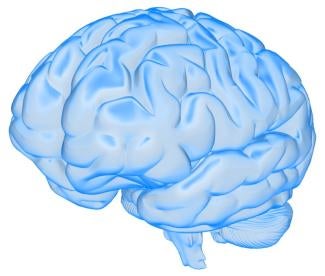Neurological testing of the first cranial nerve, which carries the sensory information for the sense of smell, is rarely performed. A new study from the Walter Reed National Military Center provides proof that olfactory testing should be performed.
According to the abstract, the objective of this recent study was to determine whether a structured and quantitative assessment of differential olfactory performance – recognized between a blast-injured traumatic brain injury (TBI) group and a demographically comparable blast-injured control group can serve as a reliable antecedent marker for preclinical detection of inter cranial neuro trauma.
The researchers, at Walter Reed, performed a prospectively and consecutively enrolled evaluation of 231 polytrauma inpatients who were exposed to explosions during combat operations in either Afghanistan or Iraq. The study correlated olfactometric scores with both contemporaneous neuro imaging findings as well as the clinical diagnosis of TBI.
The study found that while “quantitative identification olfactometry had limited sensitivity, it had high specificity as a marker for detecting acute structural neuropathology from trauma.” The researchers found that central olfactory dysfunction identified patients with TBI who had intracranial radiologic abnormalities. While the test had a sensitivity of only 35%, it had a specificity of 100%.”
Neuro attorneys representing patients with suspected traumatic brain injury, should insist that the neurologic examination include a test of the first cranial nerve.



 i
i

